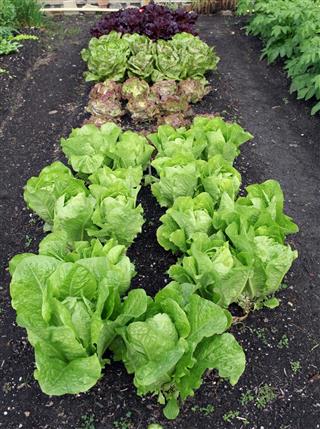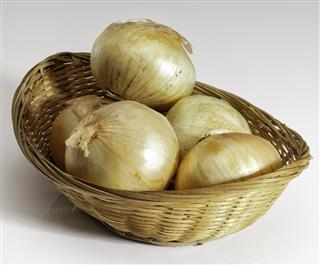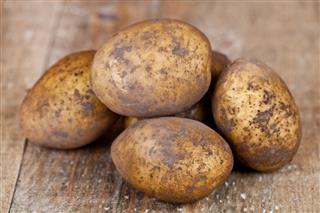
All things in the universe come a full circle. Lately, it appears, humanity has had enough of synthetics, at least where the science of food production is concerned, and the popularity of organic foods is gradually taking over. But, why should we eat organic food? What good would it do to us? Let’s find it out in this NutriNeat excerpt.
Indeed, the closest we take our health related habits to what Nature intended them to be, the healthier and fitter we are likely to become! I know, now you’ll say that you follow a strict diet of healthy foods like fresh greens, dietary fibers, necessary vitamins, minerals and proteins, and low fats and carbs, and religiously follow a 30-minutes-everyday workout regime. How much more healthy can you get? Well, let’s talk about the aforementioned healthy food items for the time being – it’s true that they are healthy when you look at their nutritional face value. However, you can get more health out of what you eat by choosing their organic alternatives. Given below is some valuable information about organic food, followed by the reasons as to why one should consume organic foods instead of their non organic counterparts.
About Organic Food
Contrary to what most people think, organic food is NOT unprocessed food alone! It is any food, which is produced – food grains, vegetables, poultry, meat, dairy products, etc., by using inputs that are natural and non-artificial. In other words, any crop that is grown, or food item that is produced using chemical fertilizers, man-made pesticides, genetically engineered organisms, or exposure to any sort of radiation is excluded from the purview of organic food. Therefore, organically produced food is the closest we can get to, what nature intended for us to derive nutrition from!
This food industry is tightly regulated by very stringent standards concerning methods of food production, and the categories and quality of inputs used for the same. The methods and inputs themselves are stringently regulated by various quality control measures to ensure that the resultant produce retains as much of their natural properties as possible, without coming in contact with any sort of contamination caused by man-made chemicals and artificial interference.
Advantages of Going Organic
Is organically produced food better for consumption? Well, considering that you don’t run the risk, irrespective of the magnitude of such a risk of consuming or being exposed to artificially made chemicals and synthetically modified particles and objects, it can safely be said that organic food is definitely better than non organic food. The benefits of such food, do not just add to your own health and longevity, but also positively affect the environment. By not using chemical fertilizers and pesticides, soil and water pollution is prevented, which, in turn, reduces the overall environmental pollution by a significant proportion.
It improves soil quality by retaining the natural minerals, and soil erosion is also checked to a great extent. Organic farming and food production saves a lot of energy and costs, as natural fertilizers and pesticides are cheaper than the chemical ones. Most of these fertilizers are naturally occurring and require minimum processing to make them suitable for agricultural purposes. Also, lesser processing means lesser energy consumption and that automatically translates into lesser energy subsidies to be borne by the government!
The fact that most of the natural minerals and vitamins are retained due to the exclusion of artificial chemicals such as pesticides, fertilizers, and preservatives, food becomes healthier and tastier! Secondly, unnecessary exposure to genetically modified ingredients is ruled out, preventing a lot of health risks associated with their consumption. Due to the absence of exposure to harmful chemicals, the farm workers are safe from chemical reactions and unnecessary exposure to radiations. Therefore, toxin-free food, a less polluted environment, and significant savings in terms of energy and costs, are reasons good enough to consider switching to organic food.




